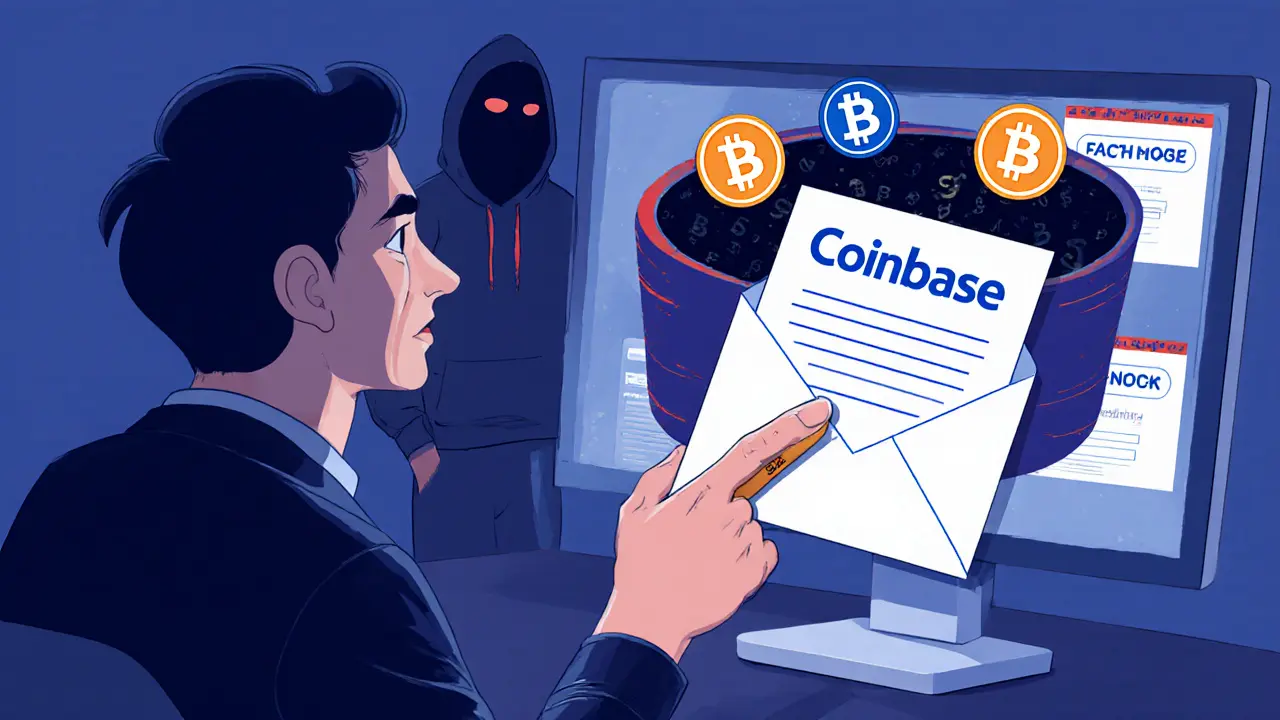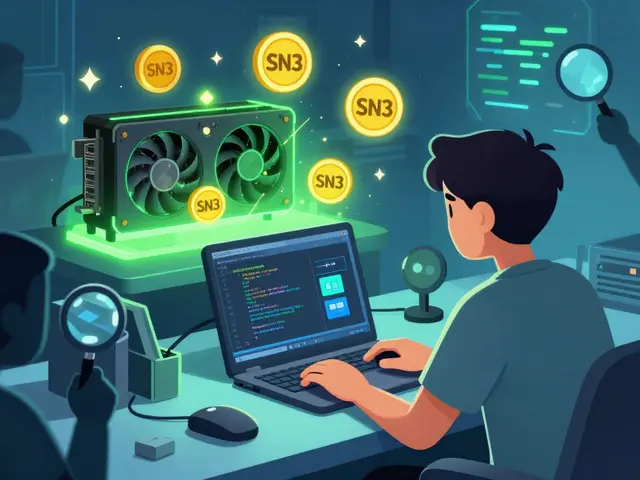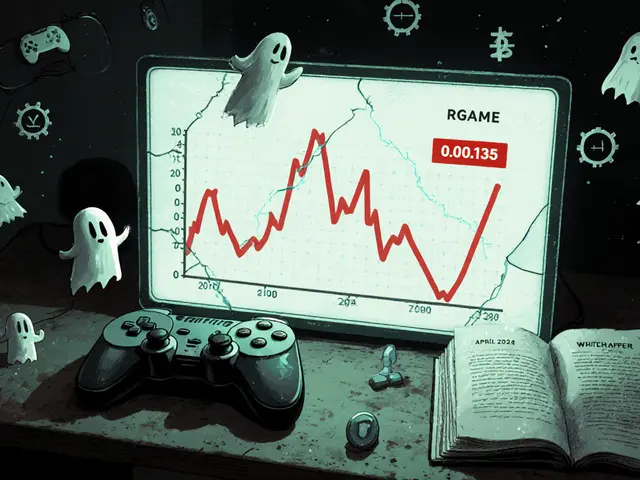Crypto Scams: How to Spot and Avoid Fake Platforms, Fake Airdrops, and Fraudulent Tokens
When you hear crypto scams, deceptive schemes designed to steal cryptocurrency from unsuspecting users. Also known as crypto fraud, these scams target people new to blockchain, promising quick riches or fake security. They don’t need fancy tech—just trust, urgency, and a convincing website. In 2024 alone, over $3.2 billion was stolen through phishing, fake exchanges, and rigged airdrops. And it’s getting easier for scammers to copy real projects, clone logos, and hire actors to pose as team members.
One common type is the fake crypto exchange, a platform that looks legitimate but disappears with your funds. Examples like Squirrex Exchange and EasiCoin were built to look like real trading sites, complete with fake reviews and fake customer support. Users deposited Bitcoin or Ethereum, only to find withdrawals blocked and websites gone. Then there’s the crypto airdrop scam, a trick where you’re asked to connect your wallet or pay a small fee to "claim" free tokens. These often use fake project names like OmniCat or RGAMES—tokens with no team, no code, and no trading volume. They’re not investments. They’re traps.
Scammers also abuse trust in big names. You’ll see fake Binance or Coinbase ads on YouTube, promising double your crypto in 24 hours. Or you’ll get a DM from someone claiming to be from "support"—asking for your seed phrase. No real exchange will ever ask for that. And if a token promises guaranteed returns, it’s not crypto—it’s a Ponzi. The same people who run these scams often target users in countries with weak regulation, like Bangladesh or Tunisia, where people are desperate for income and lack access to trusted platforms.
You don’t need to be an expert to avoid these traps. Just follow three rules: never give out your seed phrase, always check if a project has a real team and public code, and if it sounds too good to be true, it is. Look at trading volume. If a token has $0 volume but a $100 million market cap, it’s fake. Check if the exchange is listed on CoinMarketCap or CoinGecko. If it’s not, walk away. And if an airdrop asks you to send crypto first—don’t. Real airdrops give you tokens for free, just for signing up.
The posts below break down real cases—like how Squirrex Exchange fooled users, why EasiCoin is a red flag, and how OmniCat’s price data was completely fabricated. You’ll also find guides on how to verify a project’s team, spot fake social media accounts, and protect your wallet. These aren’t theory lessons. They’re survival tips from people who’ve lost money—and learned the hard way. If you’re new to crypto, this collection will save you from becoming the next statistic.






